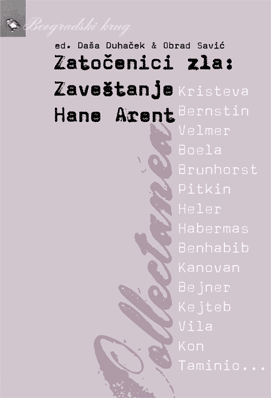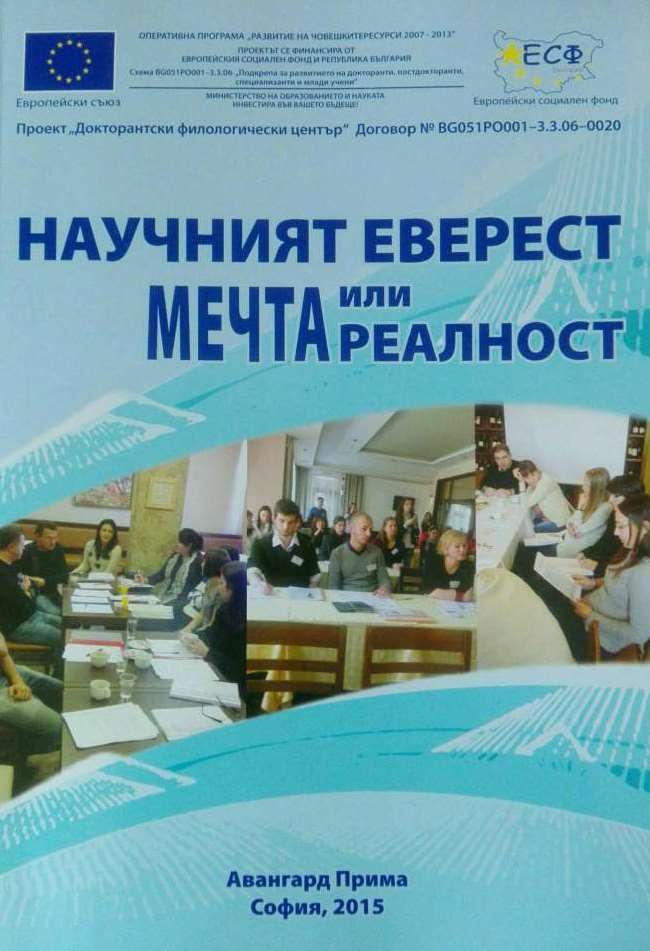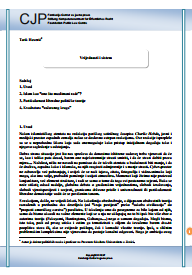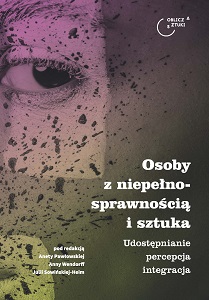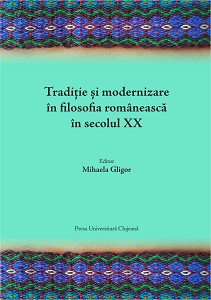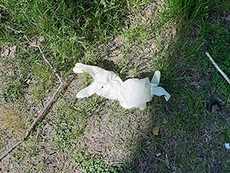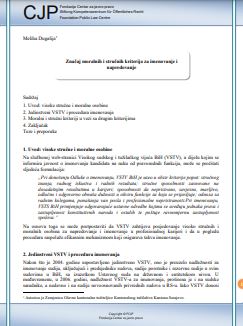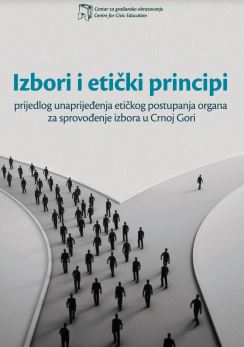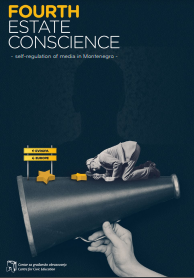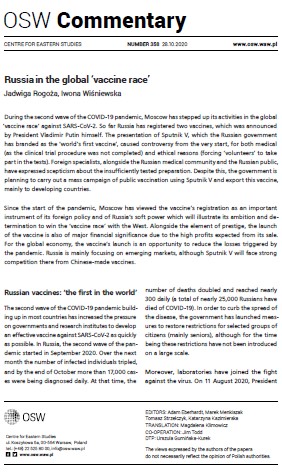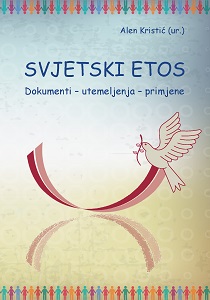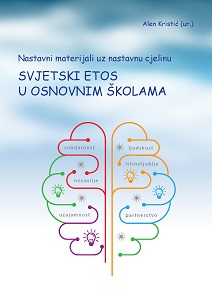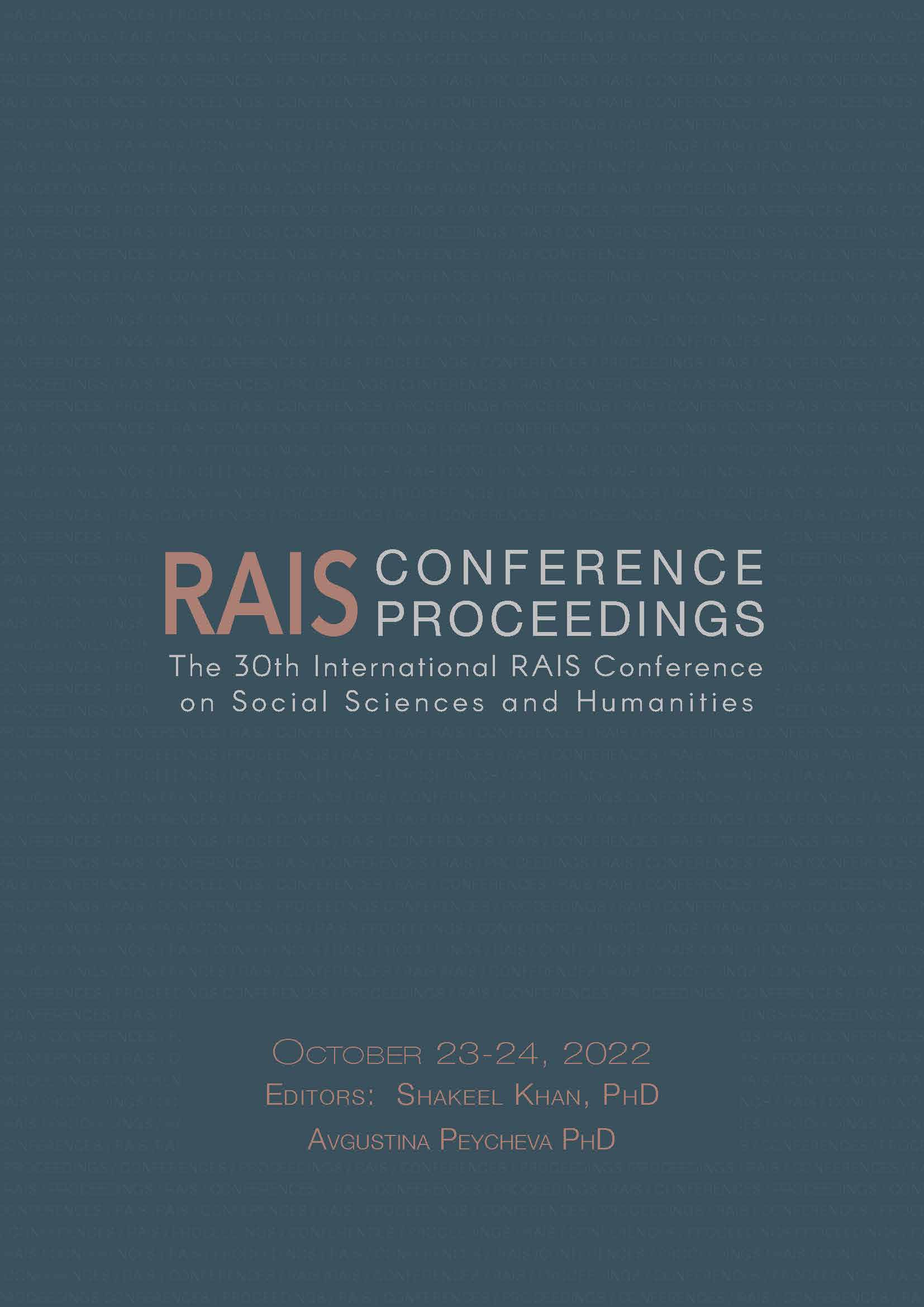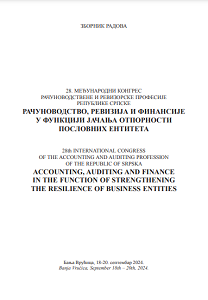Author(s): Tarik Haverić / Language(s): Bosnian
Nakon islamističkog atentata na redakciju pariškog satiričnog časopisa Charlie Hebdo, javni i medijski prostor zapadnih zemalja našao se doslovno zatrpan reakcijama. Ove reakcije ispreplele su se u neprohodnu šikaru koja sada onemogućuje kako pristup inicijalnom događaju tako i njegovo sagledanje s odstojanja. Dobra strana situacije jest što nas sprečava da donosimo ishitrene sudove; treba vjerovati da će se, kao i toliko puta dosad, barem one najekstremnije strasti smiriti, i da će stvari dobiti pravu mjeru… Nažalost, ništa ne navodi na pomisao da će takvih atentata u budućnosti biti manje, i da će društva, zapadna kako i islamska, na njih reagirati odmjerenije i s manje strasti. Cyber-prostor ne zaboravlja već pohranjuje, i uvijek će se naći izjava, citata, fotografija i video-snimaka koji mogu, ako ima volje, probuditi pamćenje i usijati atmosferu. Momenat koji živimo nije proizvod konjunkture, već element strukture, i radi se samo o tome da toga svi postanemo svjesni. Buka se neće stišati; odsad nadalje, globalna debata o građanskim vrijednostima, slobodi izražavanja, slobodi vjeroispovijesti i savjesti, granicama državne prisile i univerzalnosti ili partikularnosti liberalne demokratije vodit će se povišenim tonom. S reakcijom, dakle, ne vrijedi čekati. No kakofonija obeshrabruje, a dijapazon obuhvatnih teorija razrađenih u prethodna dva desetljeća (od “kraja povijesti” preko “sukoba civilizacija” do “propasti američkog carstva”) paralizira. U iskušenju smo da posegnemo za bilo kojom od njih, samo da bismo ukazali na važne elemente koji se u nju ne uklapaju; no to bi ipak bio više zbor o autorima teorija (Fukuyami, Huntingtonu, Galtungu…) nego o samom događaju. Mogli bismo, isto tako, poći od prvog utiska i zatim ga tematizirati s ciljem da izvučemo barem dva-tri poopštiva stava ili, ako se zvijezde poklope, čak i komadić vlastite teorije. Ipak, u sličnim problemskim kompleksima nije vjerovatno da postoje konačni odgovori. Stoga je ambicija ovog doprinosa znatno skromnija: da stavi težište na pitanja i makar donekle strukturira polje u kojem se ona postavljaju sa stanovišta liberalnih vrijednosti shvaćenih kao sistem.
More...
